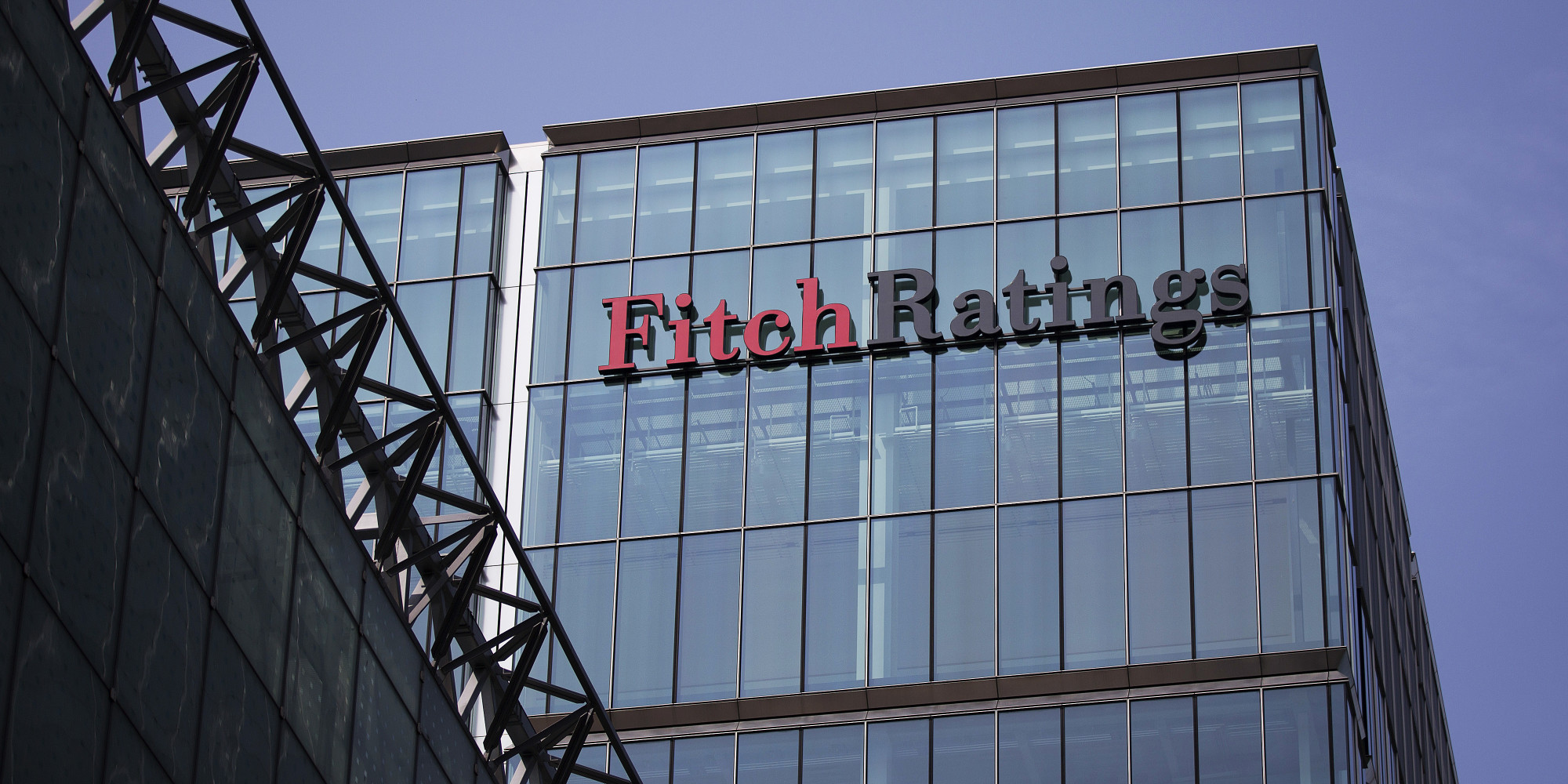Fitch on Wednesday (14) revised Brazil’s gross domestic product (GDP) growth forecast for this year and next.
Brazilian economic activity is expected to expand by 2.5% in 2022, up from the 1.4% previously estimated; the expected rate was 1.0%.
However, a sharp slowdown to 0.8% is expected in 2023. Previously, the rate was 1.0%.
According to the risk agency, the revision for 2022 is due to better-than-expected second-quarter data.

“The recovery was supported by further strengthening of the labor market, the revival of the services sector, the recovery of hydropower production after last year’s drought, some policy measures, and high commodity prices,” the report said.
A slowdown is expected in 2023 due to the lagged effect of domestic monetary tightening, slower global growth, more challenging external financing conditions, and uncertainties related to the October election cycle.
“Growth prospects will also depend on the next government’s economic plans and signals, particulaaboutd to fiscal policy and government involvement in the economy,” Fitch said.
The rating agency expects Brazil’s official inflation rate, the National Wide Consumer Price Index (IPCA), to be 6.5 percent in 2022.
The slowdown is expected to continue through 2023, ending at 5.2 percent next year.
SELIC
Fitch projects that the Selic at 13.75% represents Brazil’s end of the monetary tightening cycle.
Given the projected decline in inflation, the central bank is expected to cut the rate to 10% by the end of 2023 and 8% by the end of 2024.
EXCHANGE RATES
For the exchange rate, Fitch expects it to close at R$5.20 in 2022, 2023, and 2024.
“The Brazilian real has been volatile in recent months, fluctuating with other emerging market benchmark currencies, reflecting support from exceptionally high domestic interest rates and high (albeit volatile) commodity prices, news of global monetary tightening, and electoral uncertainties,” the agency said.

